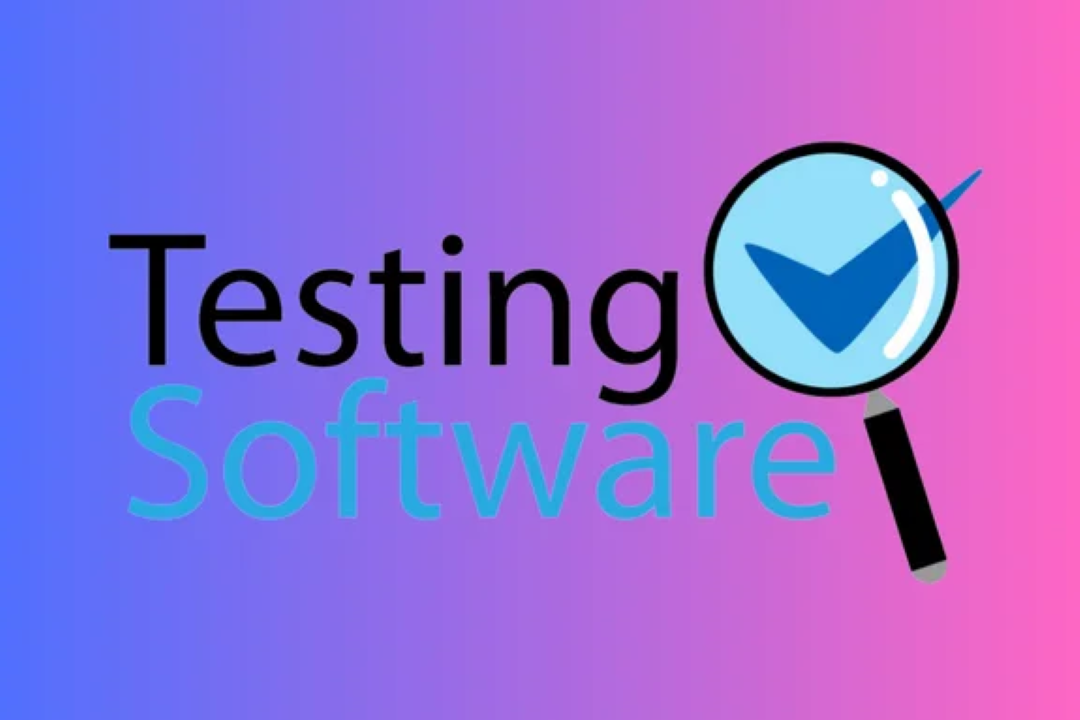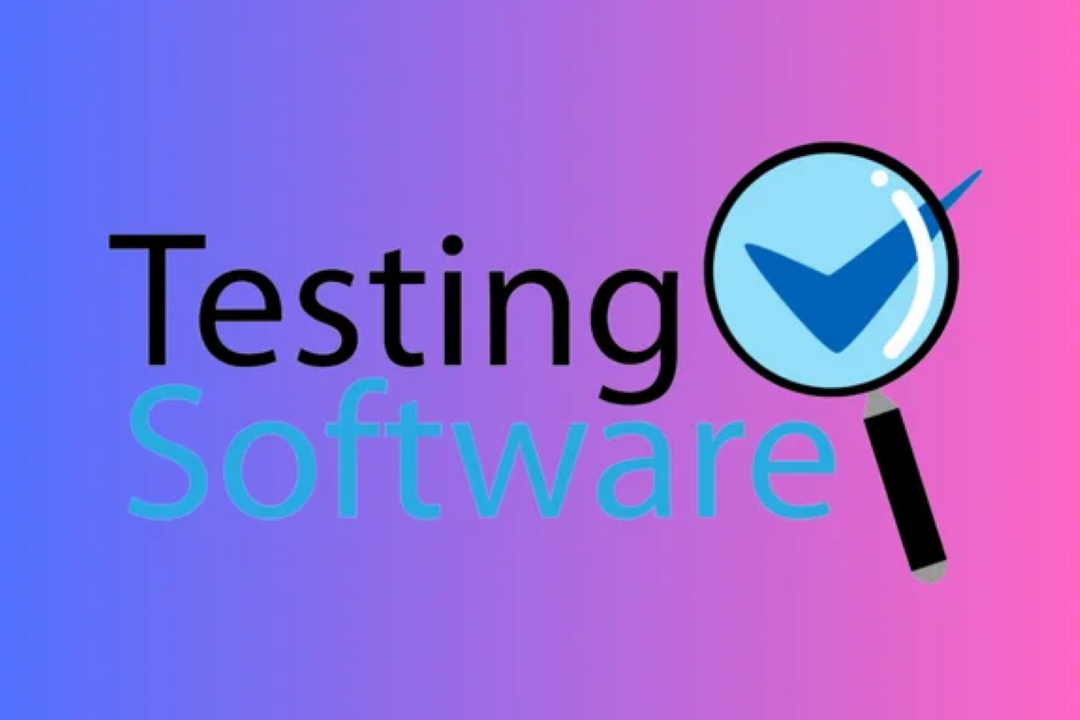FITA Selenium Course in T NAGAR
The FITA Selenium course in T Nagar offers a comprehensive training program for individuals interest
FITA Selenium Course in T NAGAR
The FITA Selenium course in T Nagar is designed for aspiring software testers and developers looking to enhance their skills in automated testing. This course offers in-depth training on Selenium WebDriver, a widely-used tool for automating web applications, along with valuable insights into test automation frameworks and scripting languages like Java and Python. By incorporating hands-on projects, learners gain practical experience that prepares them for real-world challenges in the tech industry. Completing this course not only equips participants with essential testing skills but also enhances their employability, making it an invaluable asset for anyone looking to advance their career in software testing and quality assurance.
To Download Our Brochure: https://www.justacademy.co/download-brochure-for-free
Message us for more information: +91 9987184296
The FITA Selenium course in T Nagar is designed for aspiring software testers and developers looking to enhance their skills in automated testing. This course offers in depth training on Selenium WebDriver, a widely used tool for automating web applications, along with valuable insights into test automation frameworks and scripting languages like Java and Python. By incorporating hands on projects, learners gain practical experience that prepares them for real world challenges in the tech industry. Completing this course not only equips participants with essential testing skills but also enhances their employability, making it an invaluable asset for anyone looking to advance their career in software testing and quality assurance.
Course Overview
The FITA Selenium Course in T Nagar offers a comprehensive training experience for individuals seeking to master the art of automated testing. Participants will delve into Selenium WebDriver, exploring its functionalities and best practices for automating web applications. The curriculum covers essential topics including test automation frameworks, scripting languages like Java and Python, and real-time project implementation. With a hands-on approach, learners will engage in practical exercises that enhance their skills and prepare them for real-world testing scenarios. This course is ideal for aspiring software testers and developers who aim to elevate their careers in software quality assurance.
Course Description
The FITA Selenium Course in T Nagar is designed to provide participants with an in-depth understanding of automated testing using Selenium WebDriver. This course covers key concepts such as test automation frameworks, integration with programming languages like Java and Python, and best practices for efficient testing. Through a mix of theoretical knowledge and hands-on projects, learners will gain practical experience in developing and executing automated test scripts for dynamic web applications. Ideal for software testers and developers, this course equips students with the skills needed to excel in the software quality assurance field and enhance their career opportunities.
Key Features
1 - Comprehensive Tool Coverage: Provides hands-on training with a range of industry-standard testing tools, including Selenium, JIRA, LoadRunner, and TestRail.
2) Practical Exercises: Features real-world exercises and case studies to apply tools in various testing scenarios.
3) Interactive Learning: Includes interactive sessions with industry experts for personalized feedback and guidance.
4) Detailed Tutorials: Offers extensive tutorials and documentation on tool functionalities and best practices.
5) Advanced Techniques: Covers both fundamental and advanced techniques for using testing tools effectively.
6) Data Visualization: Integrates tools for visualizing test metrics and results, enhancing data interpretation and decision-making.
7) Tool Integration: Teaches how to integrate testing tools into the software development lifecycle for streamlined workflows.
8) Project-Based Learning: Focuses on project-based learning to build practical skills and create a portfolio of completed tasks.
9) Career Support: Provides resources and support for applying learned skills to real-world job scenarios, including resume building and interview preparation.
10) Up-to-Date Content: Ensures that course materials reflect the latest industry standards and tool updates.
Benefits of taking our course
Functional Tools
1 - Selenium WebDriver: Selenium WebDriver is a powerful tool for automating web applications for testing purposes. In the FITA Selenium Course, students learn how to interact with web elements such as buttons, links, and forms programmatically. It allows testers to write scripts in various programming languages like Java, C#, and Python, offering flexibility and making it a preferred choice among testers. The course focuses on how to efficiently locate elements using different locators and handle various user actions such as clicking, typing, and navigation. Additionally, students will explore how to manage dynamic web content and asynchronous calls within their test scripts.
2) TestNG: TestNG is a testing framework inspired by JUnit and NUnit, designed to facilitate comprehensive testing. In the FITA Selenium Course, students are introduced to its powerful features such as annotations, parallel test execution, and data driven testing capabilities. TestNG simplifies the process of creating test suites and managing dependencies, which is crucial for maintaining large test scripts. Learners will gain hands on experience with generating test reports and executing tests in a structured manner. Understanding TestNG helps students create more organized and effective test cases that enhance overall test quality.
3) Maven: Maven is a build automation tool that plays a crucial role in managing project dependencies and build processes in Java projects. Within the FITA Selenium Course, students learn how to configure and utilize Maven to streamline their testing setups. They explore how to create Maven projects, manage dependencies for Selenium and TestNG, and automate the build lifecycle. Additionally, learners understand how to create a structured directory layout for their test scripts, ensuring that projects remain organized and manageable. Utilizing Maven significantly improves the efficiency of the testing process by enabling easy integration and version control.
4) Jenkins: Jenkins is a continuous integration and delivery tool that automates the process of integrating code changes from multiple contributors. In the FITA Selenium Course, students will learn how to configure Jenkins to run automated tests on a continuous basis. They will explore concepts such as job triggers, pipelines, and build monitoring, allowing them to create a reliable testing environment. By integrating Selenium tests with Jenkins, learners can understand how to execute tests automatically when code changes are made, thus enhancing collaboration within development teams and speeding up the delivery process.
5) Git: Git is a version control system that enables teams to track changes in code and collaborate more effectively. During the FITA Selenium Course, students are introduced to the importance of version control in software development and automated testing. Learning to use Git allows students to manage and share their test scripts efficiently. They will understand essential Git commands, branching strategies, and merging techniques to collaborate on projects smoothly. By incorporating Git into their workflow, learners can maintain code integrity while working in teams, which is crucial in agile environments.
6) Cucumber: Cucumber is a tool for behavior driven development (BDD) that allows for writing tests in a human readable format. In the FITA Selenium Course, students learn how to write user scenarios in Gherkin syntax, bridging the gap between technical testers and non technical stakeholders. This approach promotes better communication and collaboration within teams. The course teaches students how to integrate Cucumber with Selenium to automate acceptance tests, thereby enhancing the quality of the software. By adopting BDD practices, learners will better understand user requirements and ensure that their test cases align with business goals.
7) Page Object Model (POM): The Page Object Model is a design pattern that enhances test automation by promoting better organization and reusability of code. In the FITA Selenium Course, students will learn how to create page classes that encapsulate the functionality of web pages, making it easier to manage and maintain test scripts. By separating the test logic from the page specific code, students can reduce duplication and increase the scalability of their test suites. The POM approach not only streamlines the process of updating tests when the user interface changes but also improves the overall readability and maintainability of the codebase.
8) Cross Browser Testing: Cross browser testing is essential for ensuring that web applications function correctly across different browsers and devices. Throughout the FITA Selenium Course, students will explore various strategies for conducting cross browser testing using Selenium Grid or cloud based testing services. They will learn how to configure test scripts to run on multiple browsers simultaneously, identifying compatibility issues early in the development cycle. This skill is crucial for delivering high quality web applications that provide consistent user experiences regardless of the browser used.
9) Handling Dynamic Web Elements: Modern web applications often employ dynamic content, such as AJAX calls, which can complicate testing. In the FITA Selenium Course, students will gain skills in handling dynamic web elements effectively. They will learn techniques for managing timing issues, including explicit waits, implicit waits, and fluent waits, ensuring that their test scripts are resilient and reliable. By mastering the handling of dynamic elements, students can optimize their test automation strategies, leading to more successful and stable test cases.
10) Test Automation Frameworks: Understanding different test automation frameworks is vital for building efficient automation solutions. The FITA Selenium Course introduces students to various frameworks, including data driven, keyword driven, and hybrid frameworks. By learning the pros and cons of each framework type, students can select the most suitable one for their specific testing needs. The course also emphasizes the importance of framework design in promoting code reusability, maintainability, and scalability, thereby equipping students with essential skills to create comprehensive test automation solutions.
11 - API Testing Basics: As web applications become increasingly reliant on APIs, understanding API testing is beneficial for automation testers. In the FITA Selenium Course, students will touch upon basic API testing concepts, exploring tools like Postman and REST assured. They will learn the significance of validating API endpoints and responses to ensure that the backend services function correctly before integrating them with the front end tested through Selenium. This foundational knowledge helps students become more versatile testers who can contribute to various aspects of the testing process.
12) Reporting and Logging: Effective reporting and logging practices are crucial for tracking the outcomes of automated tests. The FITA Selenium Course teaches students how to implement robust reporting mechanisms that provide clear insights into test results. They will explore popular reporting tools and libraries like Allure and Extent Reports to generate meaningful reports for stakeholders. Additionally, students will learn how to incorporate logging frameworks to capture detailed information during test execution, which is invaluable for troubleshooting and improving test quality.
13) Environment Setup and Configuration: A successful automation testing setup relies heavily on well configured environments. The FITA Selenium Course provides students with guidance on setting up their development and testing environments. They will learn about essential tools, configuration files, and managing dependencies, ensuring that their local setup mirrors production environments as closely as possible. Understanding environment setup not only streamlines the testing process but also helps prevent potential integration issues down the line.
14) Performance Testing with Selenium: Although Selenium is primarily used for functional testing, it's important to understand its role in performance testing as well. The FITA Selenium Course will introduce students to the concept of integrating Selenium with performance testing tools like JMeter. They will learn how to generate load on web applications and measure response times, providing insights into application performance under different conditions. This knowledge expands their skill set and prepares them for addressing performance related issues in web applications.
15) Best Practices in Test Automation: The FITA Selenium Course covers essential best practices that every automation tester should follow. Students will learn about writing effective test cases, maintaining a clean codebase, and adhering to coding standards. The course emphasizes the importance of continuous learning and encourages testers to keep up with the latest trends and tools in automation testing. By applying best practices, students will enhance the efficiency of their test automation efforts and contribute to a culture of quality in software development.
Browse our course links : https://www.justacademy.co/all-courses
To Join our FREE DEMO Session:
This information is sourced from JustAcademy
Contact Info:
Roshan Chaturvedi
Message us on Whatsapp: +91 9987184296
Email id: info@justacademy.co












